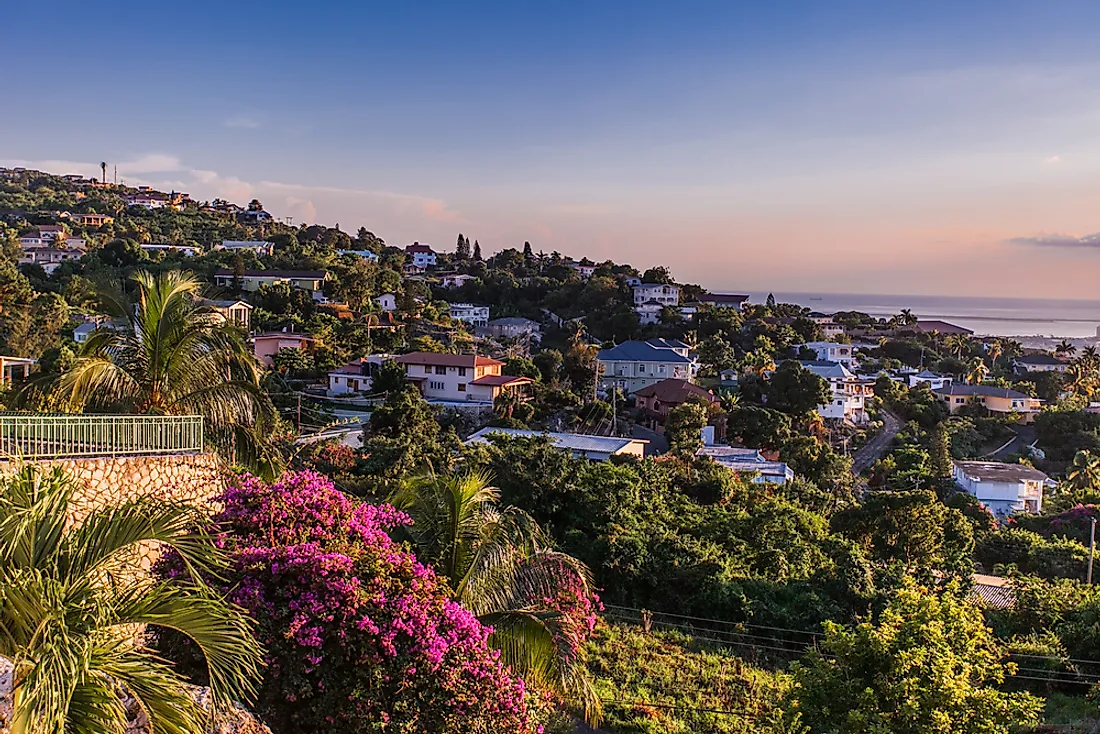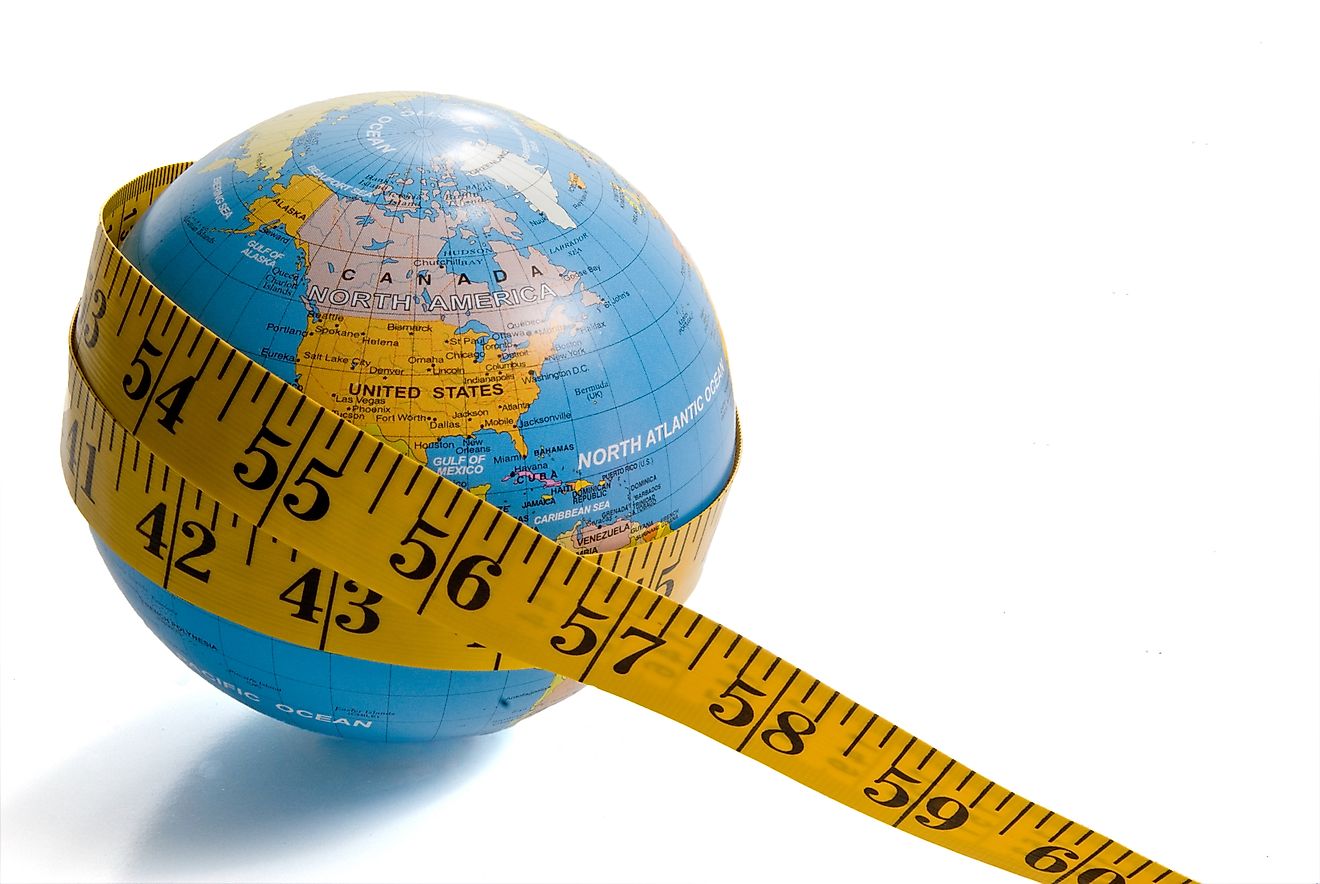Is Jamaica A Country?

A country refers to a geographical entity that has its own government. Sometimes, the term is used to refer to a sovereign state as well as other political bodies. The UN recognizes 195 countries, including 193 full members and two observers (Palestine and the Holy See). Jamaica is a country located in the Caribbean region of North America.
Jamaica
Jamaica is an island country located in the Caribbean Sea and is a part of the Greater Antilles region. Prior to colonization, indigenous peoples known as the Arawak and Taíno inhabited the island. The country was first occupied by the Spanish in 1494, which was the time Christopher Columbus arrived, until 1655 when Great Britain took the colony from the Spanish and named it Jamaica. Officially, the island of Jamaica became a country on August 6, 1962, after it gained its independence from the British occupiers.
Jamaica is a constitutional monarchy, which has Queen Elizabeth II as the head of state, as well as a parliamentary democracy. The monarch appoints the governor general on the advice of the Prime Minister of Jamaica and the cabinet. The parliament is bicameral, as outlined in the 1962 constitution.
Geography
The island has a narrow coastal plain, while the inland region is dominated by mountains, such as the Blue Mountains. The nation has a number of cities including Kingston, which is the capital city and also the most populated, and Montego Bay, which is widely known for its tourism activities. Other towns include the likes of Spanish Town, Port Antonio, and Ocho Ríos. Kingston Harbor ranks as the seventh largest natural harbors in the world.
Climate
Jamaica enjoys a tropical climate characterized by high temperatures and high humidity. Further inland, the country experiences a more temperate climate. While rain is adequate in Jamaica, some parts of the dry rain-shadow regions endure spells of aridity, such as the Pedro Plains and Liguanea Plain.
Located within the Atlantic Ocean’s hurricane belt, storms are not uncommon occurrences in Jamaica. For example, the devastating hurricanes Charlie and Gilbert of 1951 and 1988, respectively, caused a significant number of deaths and property damage. Other major hurricanes include hurricanes Ivan, Gustav, and Dean.
Economy
Like any other country in the world, there are both private and public business ventures that fuel the economy. The major sectors of the economy include tourism, financial and insurance services, mining, agriculture, and manufacturing. Among these sectors, the leading earners are mining and tourism. After a period of relative instability and economic downfall, recent data suggests that Jamaica's economy as a whole is recovering.
Tourism is a crucial sector that attracts a whopping 1.3 million foreign visitors annually. Half of the income from the services sector is earned by tourism. Tourist attractions include sites such as the YS Falls in St. Elizabeth and Dunn's River Falls in St. Ann. The tropical climate and sandy beaches also attract visitors.











